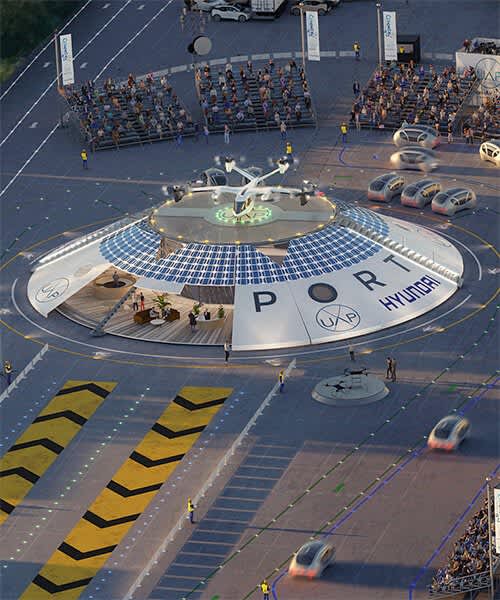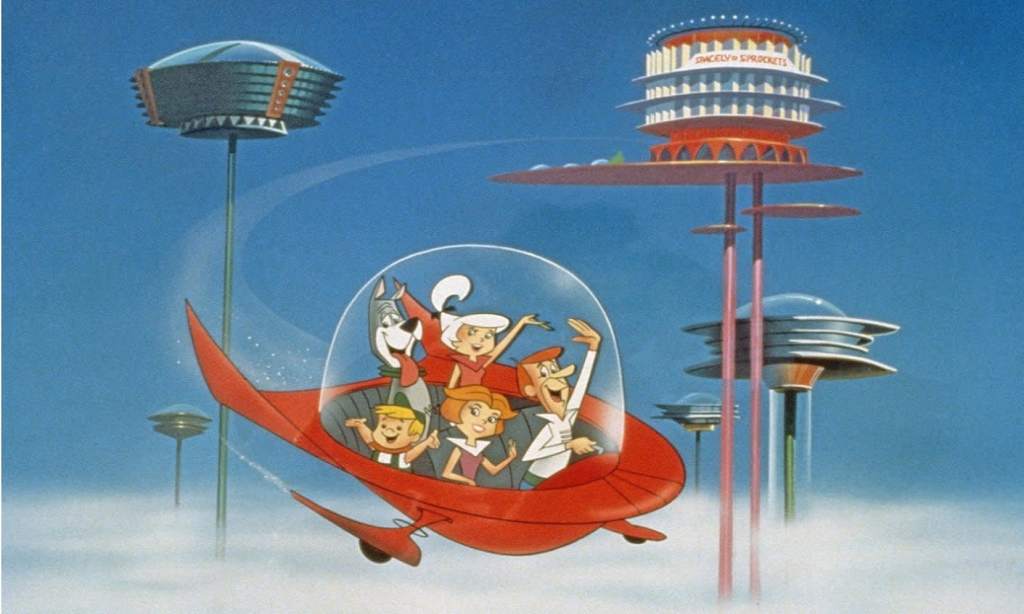Plans to build the world’s first flying-car airport are underway in the UK where a project to set up the new transport hub has just been given support from the government. The city of Coventry in central England has been selected as the base of operations for the future of travel.
Urban-Air Port, a British-based start-up, has partnered with car giant Hyundai Motor to develop the infrastructure required for when flying cars take to the skies to ferry around people and goods.
The project is inteded as a full-scale proof-of-concept plan which means that, from November of this year, visitors to Coventry will be able to see just what a flying-car airport will look like and how it will operate.
Unmanned passenger drones will take off and and land at the site in a glimpse of what the future of air travel between cities and towns could be.
Urban-Air Port was chosen by the government as part of a programme aimed at developing new, zero-emissions air vehicles, winning an AU$2.1 million grant to help fund the installation in Conventry city centre.

“With UK government backing and Hyundai Motor Group’s backing we’ll be realising the first fully operational airport in the world,” Urban Air-Port founder and executive chairman Ricky Sandhu told Reuters.
While there has been progress on developing flying cars, Sandhu said the infrastructure was the missing piece.
“You can’t get off the train or get on the train unless you get to the train station so that supporting ground infrastructure is absolutely key,” he said.
Speaking to Science Focus, Sandhu said it was his dislike of the notorious London commute that fuelled his passion for air travel as well as a childhood love of the futuristic cartoon series The Jetsons.
“When I first started working on this, my commute was just six miles across London, but it was polluted, congested and took over an hour.”
From this, he knew that humanity needed to develop what he called “smarter, cleaner and greener ways to move around our cities.”
The installation in Coventry will be 100% off-grid and powered entirely by hydrogen generators and solar power meaning it won’t have any transport emissions.
There are still challenges, however, in rolling out the programme nationally. Urban-Air Port say they are working with the Civil Aviation Authority to design unmanned traffic corridors through the air for vehicles to move through. Essentially, sky highways. Or skyways.
While this is only a proof of concept, if it works successfully, we may be commuting with air-taxis in the not too distant future.







